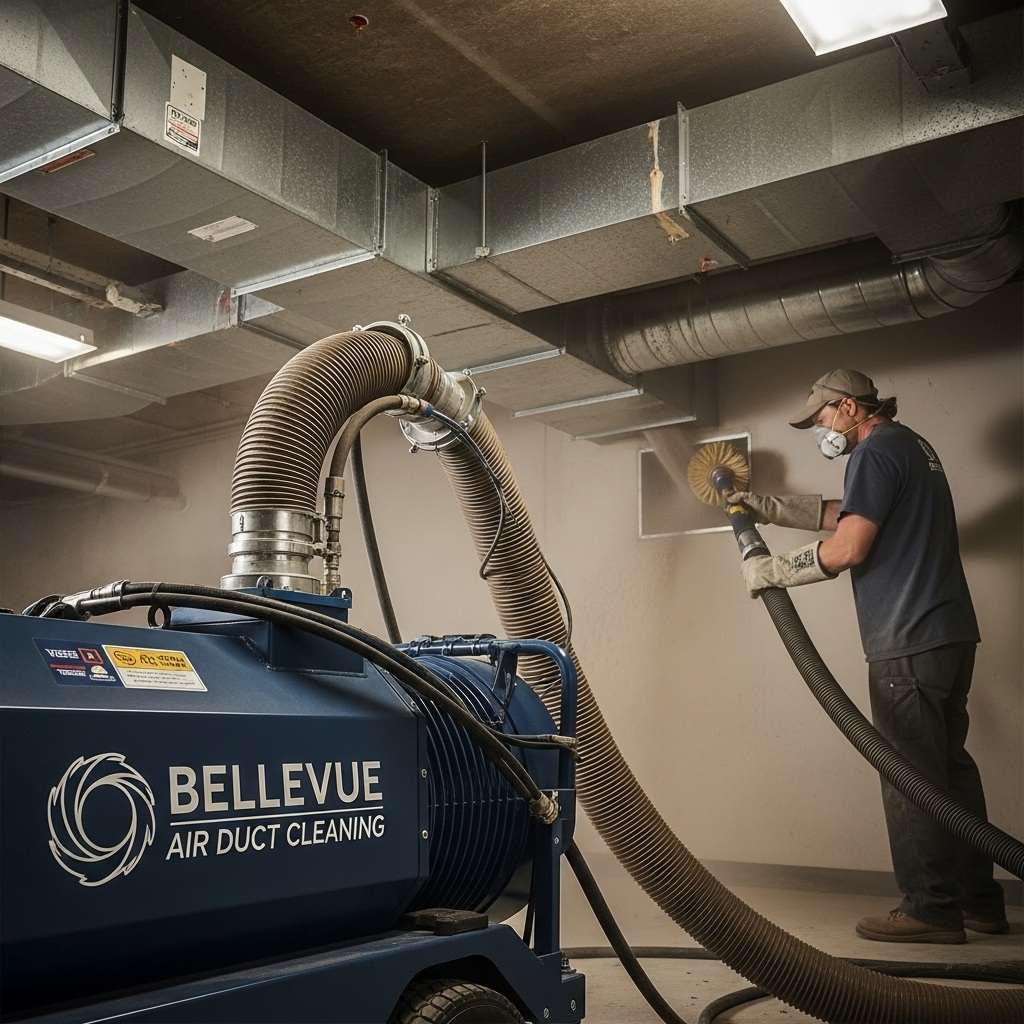Designing the perfect outdoor space goes beyond choosing the right plants or patio furniture. One of the most impactful decisions involves the hardscaping elements—particularly your walls. Block walls are a highly popular option in modern landscaping, but are they truly the best choice for your project?
From defining garden beds to creating multi-level outdoor areas, block walls are functional and aesthetically versatile. They are often a key component of professional landscaping services, helping to shape terrain while adding visual structure. In this post, we’ll explore why block walls are often favored in landscape design and whether they’re the right fit for your space.
What Are Block Walls?
Block walls are built using concrete blocks, often reinforced with steel and filled with concrete or gravel for added strength. These walls are frequently used for retaining purposes, meaning they hold back soil in sloped yards or garden spaces. But their uses go beyond just functionality—they’re also a key feature in visually enhancing outdoor areas.
Whether you want a clean and modern border or a rustic, natural-looking wall, block walls can be customized with various textures, finishes, and patterns.
Benefits of Block Walls in Landscaping
Block walls offer several advantages that make them stand out among other hardscape options:
- Durability: Made from high-strength concrete, block walls can withstand the elements for decades.
- Low Maintenance: Unlike wood or timber walls, block walls don’t rot, warp, or require regular painting.
- Erosion Control: On sloped properties, they help stabilize the soil and reduce runoff damage.
- Versatility in Design: You can build curved or straight walls, integrate steps, or use decorative block faces.
- Value Addition: A well-constructed block wall can boost your home’s curb appeal and overall value.
When Are Block Walls the Best Option?
Block walls are ideal in several situations, especially when your landscape involves:
- Slope or elevation changes: They provide the support needed to level areas or create tiered garden beds.
- Functional retaining needs: For properties where soil erosion is an issue, block walls are a structural necessity.
- Defined outdoor zones: Use them to separate dining areas, play zones, or pathways in your yard.
They are particularly effective for homeowners who want long-term solutions with minimal upkeep.
Alternatives to Consider
While block walls are excellent in many applications, they might not be the best option in every situation. Some alternatives include:
- Timber walls: These offer a warmer, rustic look but require more maintenance and have a shorter lifespan.
- Natural stone walls: These bring elegance and uniqueness, though they can be more expensive.
- Gabion walls: Made of rock-filled wire baskets, gabion walls offer a rugged, industrial aesthetic and are great for drainage-heavy areas.
The choice depends on your budget, design goals, and how much maintenance you’re willing to commit to over time.
Cost Considerations
Block walls are more affordable than some premium materials like natural stone but can cost more than wood. The final price varies based on:
- Height and length
- Site preparation needs
- Reinforcement and drainage requirements
- Labor and finishes
Despite the initial investment, many homeowners find the durability and minimal maintenance of block walls to be well worth the cost in the long run.
Environmental and Safety Benefits
Aside from aesthetics and structure, block walls also offer environmental perks:
- Improved drainage: Properly designed block walls allow water to pass through or around the wall, reducing pressure buildup.
- Fire resistance: Concrete is non-combustible, making block walls a safer option in fire-prone regions.
- Eco-friendly options: Many modern blocks are made with sustainable or recycled materials.
Final Thoughts
So, are block walls the best choice for your landscape design? If you’re looking for a long-lasting, low-maintenance, and visually flexible solution, then the answer is yes. They not only solve structural challenges but also elevate the look of your outdoor space. However, as with any home improvement, consider your unique landscape needs, climate, and budget before committing.
FAQs
1. How long do block walls last in landscaping?
Properly constructed block walls can last 50–100 years with minimal maintenance.
2. Do block walls require drainage systems?
Yes, most block retaining walls require built-in drainage to prevent water buildup and damage.
3. Can I install block walls myself?
Small decorative walls may be DIY-friendly, but structural retaining walls should be professionally installed.
4. Are block walls customizable?
Yes, they come in different textures, colors, and patterns to match various landscape styles.
5. Are block walls eco-friendly?
Many modern concrete blocks use recycled materials, making them a more sustainable option compared to other materials.


